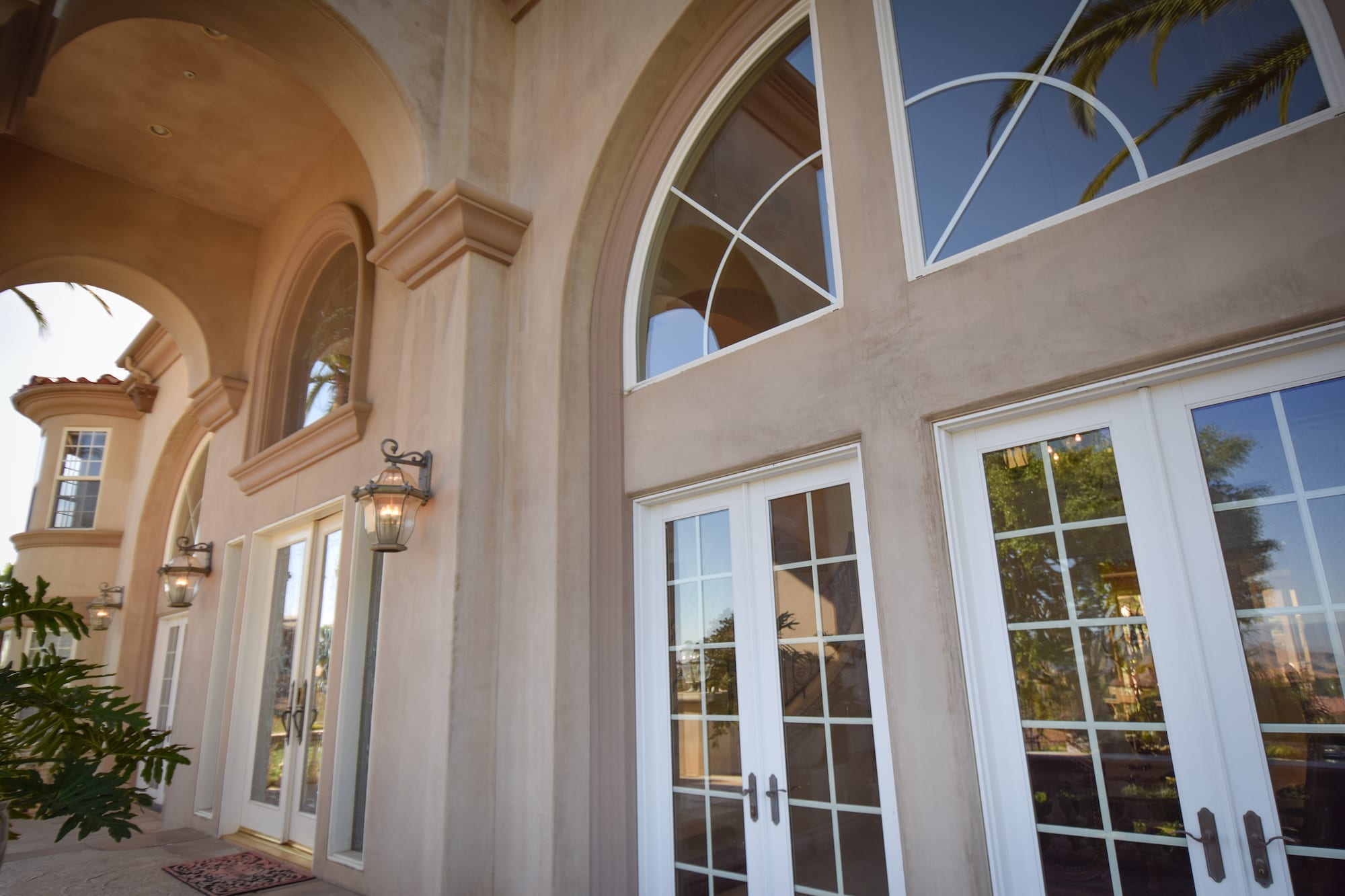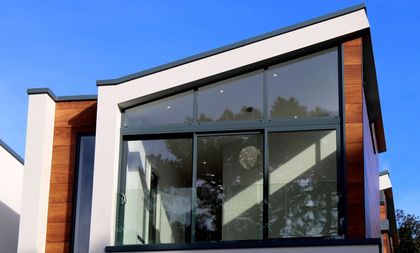Exactly How Residential Window Tint Can Lower Energy Expenses
Exactly How Residential Window Tint Can Lower Energy Expenses
Blog Article
Exactly How Residential Home Window Tinting Boosts Your Home's Power Efficiency
Residential window tinting provides a compelling option for property owners looking for to enhance energy performance within their living areas. By using specialized movies to windows, it properly reduces warmth transfer, consequently stabilizing indoor temperature levels and reducing the requirement for excessive home heating or air conditioning. This not only reduces energy intake yet likewise provides a more comfortable setting by reducing glare. Nevertheless, comprehending the nuances of exactly how tinting works and picking the ideal type for your home can be crucial. Curiously, what aspects should one think about prior to making this financial investment?
Comprehending Home Window Tinting
Recognizing home window tinting is vital for house owners looking for to enhance both comfort and energy effectiveness in their space. Residential Window Tint. Window tinting entails the application of a slim film to the interior or exterior surface of glass windows. This movie can substantially modulate the quantity of sunlight and warmth that enters a home, therefore influencing indoor environment problems
There are different sorts of window tinting movies available, each with distinctive properties. For circumstances, dyed movies soak up solar power, while reflective movies disperse it away from the glass surface. Ceramic films offer a balance of exposure and warmth being rejected, making them a preferred choice among home owners. The efficiency of window tinting is typically determined by its Visible Light Transmission (VLT) percentage, which indicates just how much light can pass through the film.
Benefits of Power Efficiency
Window tinting not just boosts appearances however additionally plays a significant role in improving power performance within residential spaces. By decreasing warm transfer via windows, colored movies develop an extra stable interior climate, which can cause considerable decreases in energy consumption for heating & cooling. This power performance converts into reduced energy bills, providing house owners with substantial lasting financial savings.

In addition, window tinting boosts the comfort of living spaces. By reducing glow and obstructing harmful UV rays, tinted windows produce a more pleasurable atmosphere, which can lead to boosted well-being for owners. The security against UV rays also helps preserve furniture and floor covering from fading, contributing to the longevity of household products.
How Tinting Works
Tinting films operate through a mix of innovative products and modern technologies created to regulate the quantity of solar power going into a home. Mainly composed of polyester, these movies typically incorporate ceramic or metallic fragments that mirror and soak up heat. This dual capability enables them to significantly minimize the penetration of ultraviolet (UV) rays and infrared radiation while permitting noticeable light to go through.
The efficiency of home window tinting is gauged by its solar heat gain coefficient (SHGC), which indicates just how much solar energy is sent with the window. Reduced SHGC worths discover this info here are preferable as they represent better warmth denial. In addition, home window tints can include a range of shades, enabling home owners to personalize their aesthetic preferences while improving power effectiveness.
In addition, these movies act as a barrier, protecting against heat loss during cooler months by showing interior warmth back into the home. This thermal insulation result enhances the air conditioning advantages gotten during warmer months, adding to a well balanced interior environment year-round. By managing solar power properly, property home window tinting not only improves comfort yet also plays a vital role in decreasing energy usage and lowering energy Discover More Here expenses.
Choosing the Right Color

There are numerous types of home window films offered, including colored, metalized, and ceramic. Ceramic films offer excellent warm control without compromising presence and are very durable, making them a popular choice.
Visible light transmission (VLT) is an additional vital aspect, as it suggests the amount of natural light that can pass via the colored glass. Home owners should choose a color with a VLT that enhances their lights preferences while still providing appropriate glow decrease.
Additionally, assessing the solar warm gain coefficient (SHGC) can assist figure out just how well a color can obstruct warm check my site from sunlight. A reduced SHGC indicates far better warmth control, inevitably improving power efficiency.
Setup and Upkeep Tips
Correct installation and upkeep are important parts in optimizing the benefits of residential home window tinting. Specialists additionally make use of specialized techniques and devices, which can improve the resilience and effectiveness of the tint.
Following setup, maintenance is vital to lengthen the life of the window film. It is advised to wait at least thirty day before cleaning up the colored home windows to allow the sticky to heal fully. When cleaning, utilize a soft towel and a mild, ammonia-free cleaner to avoid damaging the movie. Stay clear of unpleasant materials that might scrape the surface area.
Dealing with these issues promptly can prevent more damages and preserve energy efficiency. By sticking to these setup and maintenance tips, homeowners can guarantee their window tinting continues to give substantial power cost savings and convenience for years to come.
Verdict
In verdict, residential home window tinting serves as an efficient remedy for improving power efficiency within homes. By minimizing warmth transfer and blocking dangerous UV rays, window films add to lower energy intake and improved indoor convenience.
Home window tinting involves the application of a slim movie to the interior or exterior surface area of glass home windows. By reducing heat transfer with home windows, tinted films produce an extra stable indoor climate, which can lead to considerable decreases in power consumption for heating and cooling.The efficiency of home window tinting is gauged by its solar heat gain coefficient (SHGC), which indicates exactly how much solar energy is transferred via the home window. By taking care of solar energy effectively, domestic window tinting not only improves convenience yet additionally plays an essential role in reducing energy consumption and lowering utility bills.
By decreasing warm transfer and blocking harmful UV rays, window films contribute to decrease energy consumption and boosted interior convenience.
Report this page